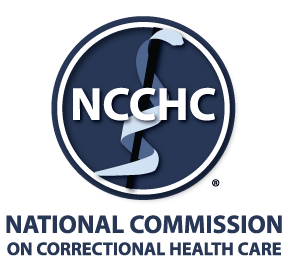On the Last 40 Years in Psychiatry with Correctional Psychiatrist, Dionne Hart, MD

Dionne Hart, MD, explores the evolution of correctional psychiatry, emphasizing its community roots and the need for comprehensive, collaborative care.
Dionne Hart, MD, a psychiatrist in Minnesota with nearly 2 decades of correctional psychiatry experience, reflected on the evolution of the field and broader psychiatric practice over the past 40 years. Originally drawn to community psychiatry, Hart entered correctional psychiatry through a National Health Service Corps placement in a federal prison. She described the work as both professionally rewarding and structurally challenging, citing overcrowded facilities, declining psychiatric staffing, and persistent stigma surrounding incarcerated patients.
Hart emphasized that correctional psychiatry is best understood as community psychiatry rather than forensic psychiatry.1 Because most incarcerated individuals eventually return to the community, psychiatrists should inquire about patients’ correctional experiences, access to treatment, and potential trauma when providing care, she added. She urged clinicians to recognize correctional psychiatry as a continuation of community practice and to resist the misconception that psychiatrists’ roles are limited to prescribing.
Advances in pharmacotherapy, reduced medication side effects, and greater public openness about mental health represent meaningful progress, but Hart stressed that medication alone is insufficient. Comprehensive care requires collaboration with therapists, social workers, and other professionals to address social determinants such as housing, employment, and transportation.2
She highlighted psychiatrists’ extensive medical training, while cautioning against oversimplifying psychiatric care or perpetuating stereotypes of individuals with mental illness as violent. Hart urged physicians to listen thoroughly to patients, advocate against the criminalization of poverty and mental illness, and embrace psychiatry as a specialty grounded in both biological science and human connection.
Dr Hart is board certified in psychiatry and addiction medicine. She is an adjunct assistant professor of psychiatry at Mayo Clinic Alix School of Medicine. Hart has 20 years of experience treating patients in multiple settings. She was previously named Minnesota Psychiatrist of the Year and is a former recipient of the National Alliance on Mental Illness Exemplary Psychiatrist Award.
References
1. Morris NP, West SG. Misconceptions about working in correctional psychiatry. J Am Acad Psychiatry Law. 2020;48(2):251-258.
2. Noel L, Chen Q, Petruzzi LJ, et al. Interprofessional collaboration between social workers and community health workers to address health and mental health in the United States: A systematised review. Health Soc Care Community. 2022;30(6):e6240-e6254.
Newsletter
Receive trusted psychiatric news, expert analysis, and clinical insights — subscribe today to support your practice and your patients.



